
- 251
- 1
Overhydration: The Hidden Threat to Your Health and Well-being
Water, the essence of life, is a fundamental pillar of good health. Yet, moderation is the key to unlocking its full benefits. Have you ever pondered the fine line between being a hydration hero and inadvertently becoming a water warrior? In this exploration, we’ll dissect the signs that suggest you might be overindulging in the elixir of life and learn how to navigate the delicate balance.

Myth: “The More Water, the Better”
There’s a common misconception that drinking as much water as possible is always beneficial. However, this myth can be dangerous. While staying hydrated is crucial, overhydration can lead to dilution of essential electrolytes, especially sodium, in the body.
The Threats of Overhydration:
- Water Poisoning and Brain Disruption:
Drinking too much water can lead to water poisoning, causing brain cells to swell and exert pressure on the brain. This may result in confusion, drowsiness, headaches, and, in extreme cases, hypertension and bradycardia.
- Hyponatremia:
The electrolyte sodium takes center stage in overhydration, leading to hyponatremia. When excess water dilutes sodium levels, cells, including brain cells, swell, posing risks of seizures, coma, or even fatality.
- Impact on Kidney health:
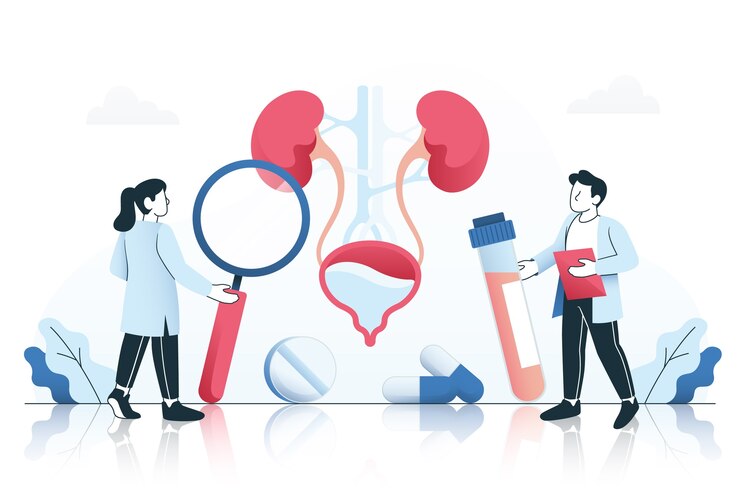
The kidneys play a crucial role in filtering blood, removing waste products, and regulating the concentration of electrolytes such as sodium and potassium. When a person consumes an excessive amount of water, the kidneys may struggle to excrete the excess fluid efficiently. This can lead to dilution of electrolytes in the bloodstream, a condition known as hyponatremia.
To know more about limitations of water intake:
Discovering Your Goldilocks Zone:
The recommended daily water intake, around 8 glasses or 64 ounces, serves as a starting point. However, recognizing individual needs based on age, weight, and activity level is paramount. Think of it as discovering your own Goldilocks zone – not too little, not too much, but just right.
Identifying Overhydration Signs:
- Pee Palette Indicator:
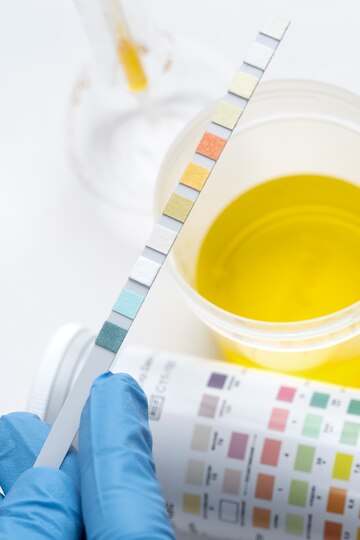
Observing urine color can be a valuable scale of hydration. Pale yellow signals good hydration, while consistently clear urine may indicate excess water intake.
- Nausea and Confusion Check:
If nausea, headaches, or confusion arise without apparent cause, it’s time to assess water intake. These may be early signs of hyponatremia, suggesting low sodium levels due to excessive water consumption.
- Thirst as the Ultimate Guide:
Rather than following a rigid schedule, let your body’s signals guide you. Thirst, the body’s natural indicator, efficiently communicates hydration needs.
- Frequent Urination:
Constant bathroom trips may signal overhydration, disrupting the body’s natural balance.
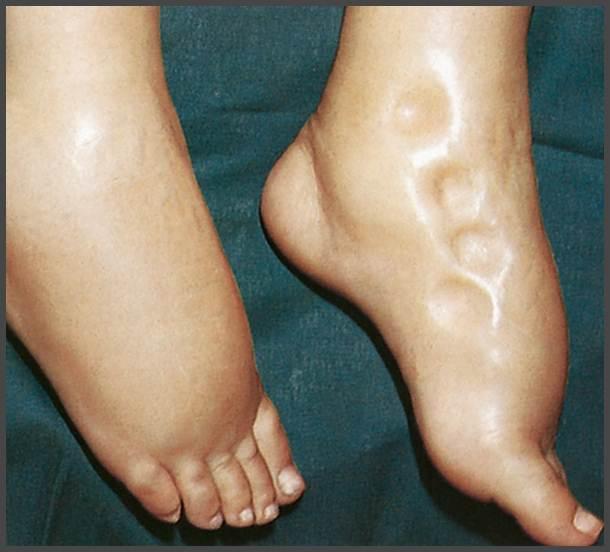
- Swelling or Edema:
Excessive water consumption can lead to swelling, particularly in the hands and feet.
- Disrupted Sleep Patterns:
Overhydration may disturb sleep and lead to increased nighttime bathroom visits.
Crafting Your Hydration Plan:
- General Guideline:
The Institute of Medicine of the National Academies recommends approximately 3.7 liters (125 ounces) for men and 2.7 liters (91 ounces) for women, encompassing all fluid sources.
- Individual Variations:
Consider factors like age, weight, activity level, and climate to tailor your hydration needs.
- Thirst as a Guide:
Let your body’s signals, especially thirst, dictate your water intake for a more intuitive approach.
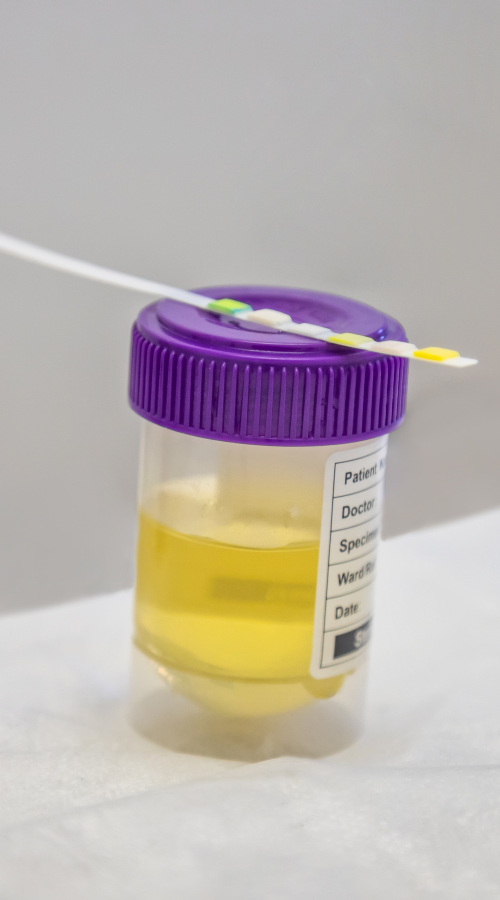
- Urine Color Awareness:
Aim for pale yellow urine as a sign of optimal hydration. Darker shades may indicate a need for more fluids.
- Balanced Approach:
Strive for moderation, avoiding extremes to maintain optimal health.
Conclusion:
While water is a vital component of good health, mastering the art of hydration requires balance. Excessive water intake can lead to hyponatremia, presenting symptoms from mild discomfort to severe health issues. Pay heed to your body’s signals, monitor urine color, and, above all, let thirst be your hydration guide. In the quest for well-being, moderation stands as the secret to a well-hydrated and healthy life.
Comment
Check Your EGFR
***We Promise, no spam!





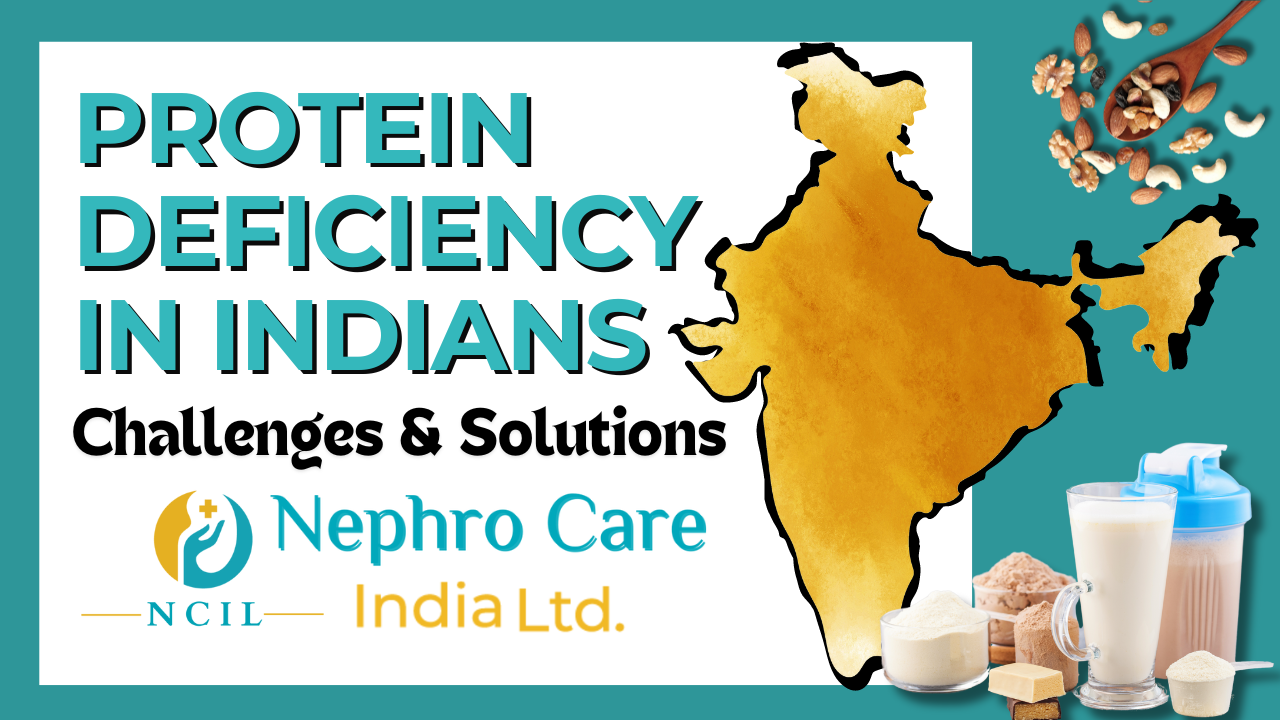


2024-04-26 07:27:35
Hemanta kr sarkar
Very effective suggestion for this summer season. Thank u so much.
Glad to hear from you. Stay informed with upcoming health-related blog updates at https://www.drpratim.com/blogs/